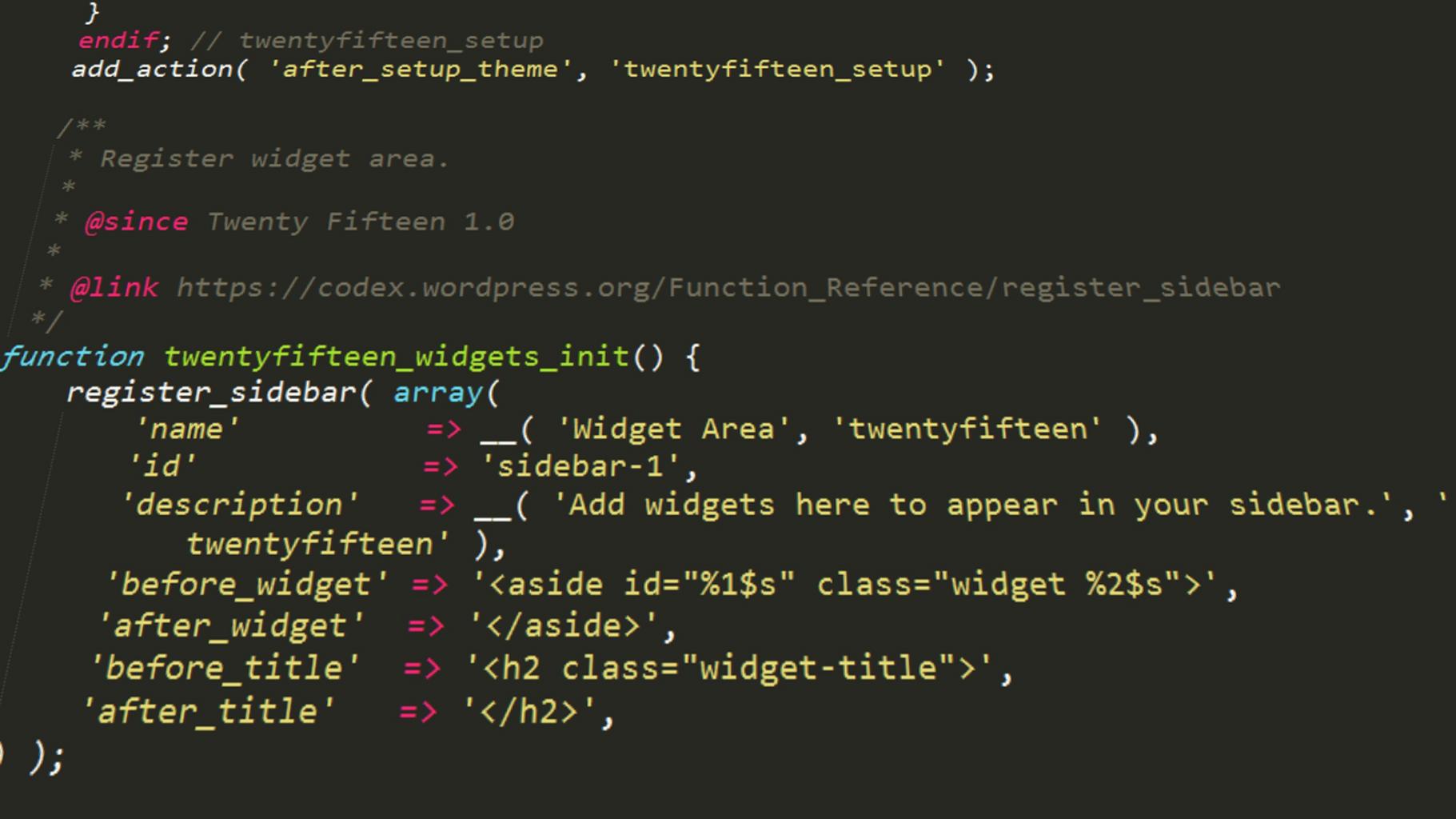Tips for Data Scientist Interview Openings, A promising future awaits aspiring data scientists. They are going to enter an area where job growth and career chances are increasing tremendously.
According to reports, the sector has experienced a 650% increase in job creation since 2012, and forecasts indicate that by 2026, there would be an anticipated 11.5 million new jobs.
Aspiring data scientists only need to polish their abilities and perform well in employment interviews.
Although that can be the most difficult part, we’re here to provide you with five pointers on how to ace the interview and seize the chance.
- Become prepared to respond to possible interview questions
We highlight some of the most frequently asked questions in our list of 10 very probable data scientist interview questions, so you should practice.
These are scenarios involving Python, SQL, and machine learning. For instance, you might be quizzed on the distinction between classification and clustering or the key characteristics of dictionaries.
Although the answers to these questions may likely vary depending on your interviewer and the organization you’re applying to, it won’t hurt to be prepared. Review these subjects, then conduct independent research.
2. Think about your technical skills.
Companies frequently have a separate technical screening section prepared for you, but going over your technical skills would also be beneficial.
This also relies on the requirements of the job you’re going for; for example, if you’re a data scientist, they might ask you how well you can create algorithms for compiling and cleaning databases.
If you’ve ever had the chance to develop a unique algorithm of your own, your interviewer might bring it up.
They could also ask you about the difficulties you encountered and how you overcame them if you have worked on any data projects.
3. Promote your advantages.
Your ability to confidently describe and communicate the type of data scientist you are would be beneficial. You must be aware of your niche and your areas of strength in order to do this.
Companies frequently inquire about a candidate’s strengths during each job interview since how they respond to this question reveals a lot about them.
Consider what you could bring to a team and the kind of role in which you can thrive. Then, come up with a way to explain why you believe your special abilities are a benefit to the business.
4. When prompted, pose your own inquiries.
When a candidate engages with and expresses interest in the firm, interviewers adore it. Keep a running list of any questions you have as you go along and don’t be shy about raising them if necessary.
During an interview, you may have the opportunity to learn more about your future company and the working environment by asking questions.
Simple questions like “What is the most enjoyable part of working here?” or “What are the company’s goals over the next few years?” could be put to them.
This demonstrates to them your enthusiasm and commitment to the job.
5. Keep abreast of developments in the field of data science.
Every day, there is something new to learn in the rapidly evolving data science field. Make sure you’re up to date on the most recent data science trends and news if you want to acquire an advantage over your rivals.
Being aware of future data science conferences and seminars that you can attend is one approach to achieving this.
You might make connections and discover things that aren’t covered in textbooks by going to events.
Additionally, you might examine a few of the most recent study publications. Your interviewers will see that you are a driven self-starter if you do this.
You can answer any question posed to you if you put in the necessary time and effort, and keep these five suggestions in mind.
Make sure you are ready for any opportunity given to you because interviews are just the beginning of your journey towards the career of your dreams.











